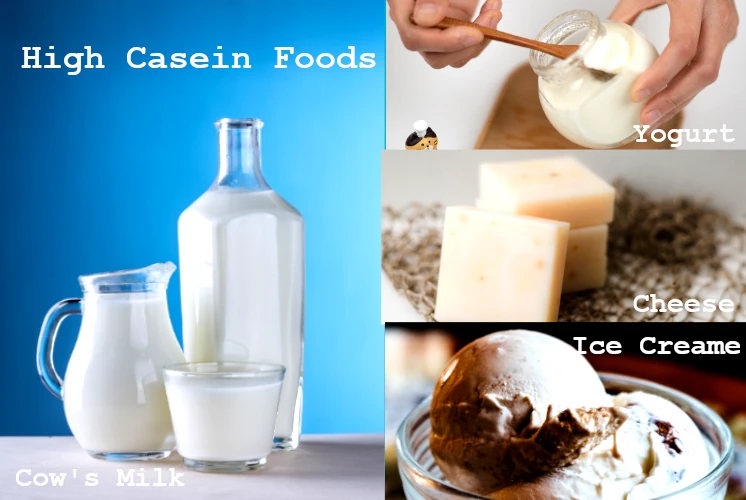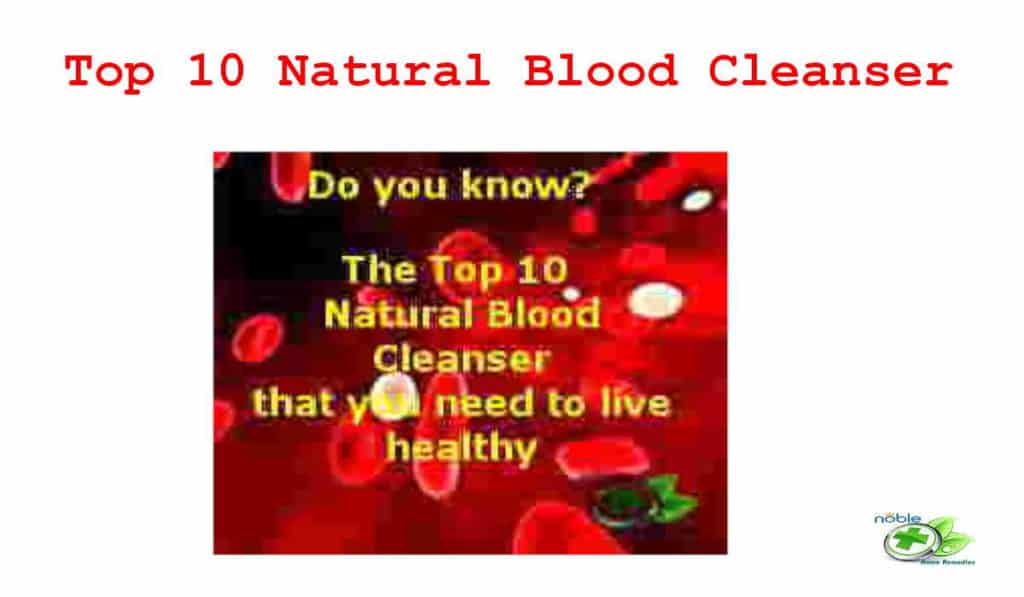Epsom Salt for Sunburn Relief: 2 Soothing Natural Solutions
Sunburns are no fun! We’ve all experienced the painful, lobster-red skin that comes after too much unprotected sun exposure. Sunburnt skin essentially develops when UV radiation from sunlight damages the DNA in your skin cells. This triggers the release of inflammatory compounds as your body tries to heal, causing fluid buildup, redness, and pain.
While our first instinct may be to slather on aloe vera gel for some cooling relief, Epsom salt for sunburn is another home remedy that can aid in fast recovery.
Sunburnt skin is inflamed skin, and Epsom salt has natural anti-inflammatory properties that can help soothe this irritation. Epsom salt’s main active ingredient is magnesium, which is a mineral that plays many crucial roles in the body. Research has shown that magnesium deficiency can worsen inflammatory conditions while increasing magnesium levels can help regulate inflammation.
In this article, we’ll look closer at how to use Epsom salt for sunburns. We’ll cover the science behind its benefits, walk through how to do soothing Epsom salt soaks at home, and provide tips for speeding up sunburn recovery. With its simple topical application and fast-acting anti-inflammatory properties, Epsom salt should be on your list of after-sun remedies.
What is Epsom Salt?
Epsom salt is essentially just magnesium sulfate, a pure mineral compound that easily dissolves in water. It gets its name because it was originally discovered in a bitter saline spring located in Epsom, England.
Some key benefits of Epsom salt include:
- Has anti-inflammatory properties that can reduce swelling.
- Allows the body to absorb magnesium through the skin, as a result, Epsom salt aids in reducing muscle soreness and relaxing the nervous system.
- Helps remove toxins by drawing excess fluids and increasing blood circulation when used in a soak.
What is Sunburn?

A sunburn is skin damage that occurs from overexposure to the sun’s harmful ultraviolet (UV) rays. There are three types of UV rays:
- UVA rays: These penetrate deep into the skin and are associated with skin aging and wrinkling.
- UVB rays: These affect the outer layers of skin and are the primary cause of sunburns.
- UVC rays: Mostly absorbed by the ozone layer before reaching Earth.
When your unprotected skin is exposed too long to UVB rays, it causes damage to the DNA in your skin cells. This triggers the cells to release inflammatory compounds as they try to heal the damage.
The resulting inflammation causes fluid buildup in the skin, making it appear red. Blood vessels leak fluid into the skin, making it feel swollen. Nerve endings also sense this damage, which we perceive as the painful burning and stinging feeling.
Depending on the severity, sunburn symptoms can include:
- Redness, pain, and tenderness
- Swelling
- Small fluid-filled blisters
- Headache, chills, nausea (in severe cases)
The skin may continue to show damage like peeling, flaking, and dryness for several days after the initial burn as the body keeps working to repair damaged skin cells.
Epsom salt can provide topical relief for the discomfort and pain caused by inflammation from UV damage due to sunburns. Its magnesium absorbs through the skin to reduce swelling and sensitivity as the body heals.
How Does Epsom Salt Work For Sunburn?

An Epsom salt bath or compress allows the magnesium in the salt to be absorbed through the skin, providing several benefits that can help in healing a sunburn:
- How Does Epsom Salt Work For Sunburn?: The magnesium in Epsom salt helps reduce the swelling and inflammation that causes pain and irritation in a sunburn. Its anti-inflammatory properties provide soothing relief to your skin.
- Eases Discomfort and Tightness: Soaking in an Epsom salt bath can also help relieve the uncomfortable tightness of sunburnt skin by allowing fluid retention to dissipate. The magnesium helps relax your body and ease sunburn pain.
- Removes Skin Irritation: Epsom salt softens and exfoliates the skin while reducing irritation, stinging, and sensitivity caused by sunburn. It helps remove dead skin cells and cleans irritated skin.
- Provides Comforting Relief: The warm water and Epsom salt together offer comforting relief for sunburn pain, allowing your body to heal and regenerate new skin cells faster. It’s a simple way to find relief when your skin is extremely painful and sensitive after getting too much sun.
How to Use Epsom Salt for Sunburn
It’s easy to use Epsom salt to treat your sunburned skin at home:
- Epsom Salt Bath: Add 1-2 cups of Epsom salt to a warm bath and gently soak the sunburned area for 15-20 minutes to allow the salts to work their magic. Be careful not to overheat the water. Rinse off and pat your skin dry afterward.
- Epsom Salt Compress: For targeted application, mix 2 tablespoons of Epsom salt with 1 cup water. Submerge a clean towel into the solution and wring it out. Apply the compress to the affected area and leave it on for 15 minutes before rinsing off.
Repeat the process once or twice a day. Also, rinse your skin after 15 minutes. Prolonged exposure may cause dryness or irritation.
Safety and Precautions

Before using Epsom salt on your sunburn, keep these safety tips in mind:
- Test a small area first to check for any allergic reactions.
- Avoid using Epsom salt if you have any open wounds or severely damaged skin.
- Be careful not to get the Epsom salt solution in your eyes, as it can be irritated.
- Consult your doctor before use if you are pregnant, breastfeeding, or have any medical conditions.
- Keep the water temperature comfortably warm, not excessively hot to avoid further skin damage.
- Use high-quality Epsom salt that does not contain any added scents, coloring, or other chemicals.
When to See a Doctor?

While Epsom salt can provide soothing relief for minor sunburns, it’s important to know when professional medical care may be needed.
See a doctor if your sunburn covers a large surface area, is severely painful, or you experience symptoms like fever, chills, blistering, headaches, and nausea. These could indicate a more serious burn or condition like heat exhaustion.
People at higher risk for complications like infants, young children, older adults, or those with multiple medical conditions should also seek medical care for sunburns.
Extreme sunburns may require prescription oral medications or even intravenous fluids to recover properly. Your doctor can best assess the severity and determine if hospital care is needed.
Don’t just rely on Epsom salt for sunburn blisters, home remedies alone if your sunburn is especially painful or widespread. Seek professional medical treatment to avoid any lasting effects or health complications from excessive sun exposure.
Other Tips for Sunburn Relief
In addition to Epsom salt soaks and compresses, here are some other remedies that can provide soothing relief:
- Apply a cool compress or chilled aloe vera gel to the sunburned area.
- Take over-the-counter pain medication like ibuprofen to reduce swelling and discomfort.
- Apply hydrocortisone cream to lessen burning and itching sensations.
- Drink plenty of water and moisturize your skin with lotion to stay hydrated.
- Avoid direct sun exposure until the burn has fully healed. Wear protective clothing or use sunscreen when going outside.
Other Healthy Uses of Epsom Salt
- Reduce Stress and Improve Mood: Soaking in an Epsom salt bath promotes relaxation and eases stress by boosting magnesium levels. Magnesium plays a key role in mood regulation and anxiety reduction. Many report feeling less stressed and more tranquil after bathing in the mineral-rich salts.
- Relief from Muscle Soreness and Cramps: The high levels of magnesium in Epsom salt offer therapeutic effects for muscle pain and cramping. It works by relaxing muscles, reducing inflammation, and improving mineral absorption. Soaking sore muscles in an Epsom salt bath can bring significant relief.
- Reduce Inflammation: Magnesium sulfate, the compound that gives Epsom salt its name, has been shown to reduce inflammatory markers. This makes it beneficial for inflammatory conditions. For localized inflammation, soaking the affected area in an Epsom salt bath can aid healing.
- Promote Restful Sleep: The calming and stress-reducing qualities of Epsom salt make it easier to fall asleep and stay asleep. Many find soaking before bed conducive to a satisfying night’s rest. This in turn enables better health and healing.
- Overcome Magnesium Deficiencies: With its high magnesium content, Epsom salt is an excellent way to increase magnesium levels. Since magnesium deficiency is common, adding Epsom salt soaks provides needed magnesium absorption to prevent symptoms like muscle cramps, fatigue, and anxiety.
- Soothes Foot Pain: The anti-inflammatory traits of Epsom salts offer relief when soaked in a foot bath. For various foot conditions like plantar fasciitis and arthritis that involve inflamed nerves and joints, Epsom salt eases Foot achiness for several hours afterward.
- Exfoliant for Skin: As an add-on to your regular skincare routine, Epsom salt provides exfoliation to reveal fresh new skin. The salt’s coarse texture sloughs off dull skin cells and unclogs pores as it circulates in bath water.
- Healing Boils: The antibacterial and anti-inflammatory actions of Epsom salt may help bring boils to a head. By softening the skin tissue and allowing drainage, it quickens healing time. The minerals get absorbed to fight infection too.
- Relief from Hemorrhoids: The soothing, anti-inflammatory relief Epsom salt provides lends itself useful for inflamed hemorrhoids. It can decrease swelling, discomfort, and bleeding when added to a sitz bath. Many report significant relief from soaking in this mineral-rich solution.
- Relief from UTI: The minerals may prevent bacterial growth when used both internally and in bath water. When feeling UTI symptoms coming on, adding Epsom salt to your bath and drinking some magnesium sulfate water could potentially ward off UTI infection.
Highlights
Highlights of this article with stats and facts:
| Highlights | Facts & Stats |
|---|---|
| Main Benefit | Provides anti-inflammatory relief for sunburn pain and swelling |
| Key Ingredient | Magnesium sulfate (hydrated magnesium salt) |
| Usage | Dissolve in bath water or use a compress |
| Frequency | Soak or compress for 15-20 minutes, 1-2 times per day |
| Pain Relief | Up to 88% reduction in pain in one study |
| Healing Time | Decreased by up to 40% (from 12 days to 7 days) |
| Hydration | Improves hydration by uptaking fluids from Epsom salt bath |
| Sunburn Prevention | Does not prevent sunburn, use sunscreen for protection |
Takeaway
When that inevitable sunburn strikes after a day spent lapping up the summer sun’s rays, you may immediately reach for the aloe vera gel to soothe your lobster-red skin. However, Epsom salt is an excellent yet underutilized home remedy that can bring substantial relief to painful, inflamed sunburns.
The magnesium-rich Epsom salt contains anti-inflammatory properties that help reduce swelling, discomfort, and irritation when skin is burnt. By drawing out fluids and toxins, it eases sunburn tightness and sensitivity. Its minerals are absorbed into sun-damaged skin when used in a bath or compress, speeding healing.
Next time you’ve accidentally spent too much time in the sun and are dealing with tender, stinging sunburnt skin, try using this remedy on Epsom Salt for Sunburn. This simple, all-natural ingredient can genuinely provide comforting relief for painful sunburns, helping your skin heal and regenerate new cells faster. Epsom salt is an easy, effective way to remedy the discomfort of sunburn irritation.
Source:
Noble Home Remedies adheres to rigorous sourcing standards, drawing information from peer-reviewed studies, reputable academic research institutions, and esteemed medical journals and associations. We prioritize using high-quality, trustworthy sources to maintain the accuracy and integrity of our content. You can learn more about how we ensure our content is accurate and current by reading our editorial policy.
- Epsom Salt: Everything You Need to Know
https://www.epsomsaltcouncil.org/ - Soak Up the Possible Benefits of Epsom Salt
https://www.kelsey-seybold.com/your-health-resources/blog/soak-up-the-possible-benefits-of-epsom-salt - Uses of Epsom Salts
https://drteals.com.au/pages/uses-of-epsom-salts - Does Epsom Salt Help With Sunburns?
https://purfectsunday.com/does-epsom-salt-help-with-sunburns/
Trust in your purchase:
Every product featured on our site has been carefully researched and selected based on quality, customer ratings, and positive reviews to ensure you receive excellent value for your money.
Please note:
This post contains affiliate links. If you make a purchase through these links, we may earn a small commission at no additional cost to you. This helps support our site and allows us to continue bringing you valuable content. Thank you!
Thank you for your precious time spent with NobleHomeRemedies.
You may also like:
Best Acid Reflux Wedge Pillow – GERD
Best Acid Reflux Wedge Pillow – GERD The Acid Reflux Wedge Pillow is found to…
High Casein Foods
High Casein Foods | The Top 5 Foods with Protein Casein Most people are familiar…
Does Schizophrenia Get Worse As You Age
Does Schizophrenia Get Worse As You Age – Check Symptoms Schizophrenia is a complex psychological…
Beetroot Powder vs Fresh Beets
Beetroot Powder vs. Fresh Beets: Better for Managing Inflammation? Swollen joints, aches, or low energy…
Salivating Before Vomiting
Why Do You Salivate Before Vomiting? – Nausea and Vomiting Have you ever felt that…
Natural Blood Cleanser
Top 16 Natural Blood Cleansers: To Purify Your System Our blood plays a vital role…






